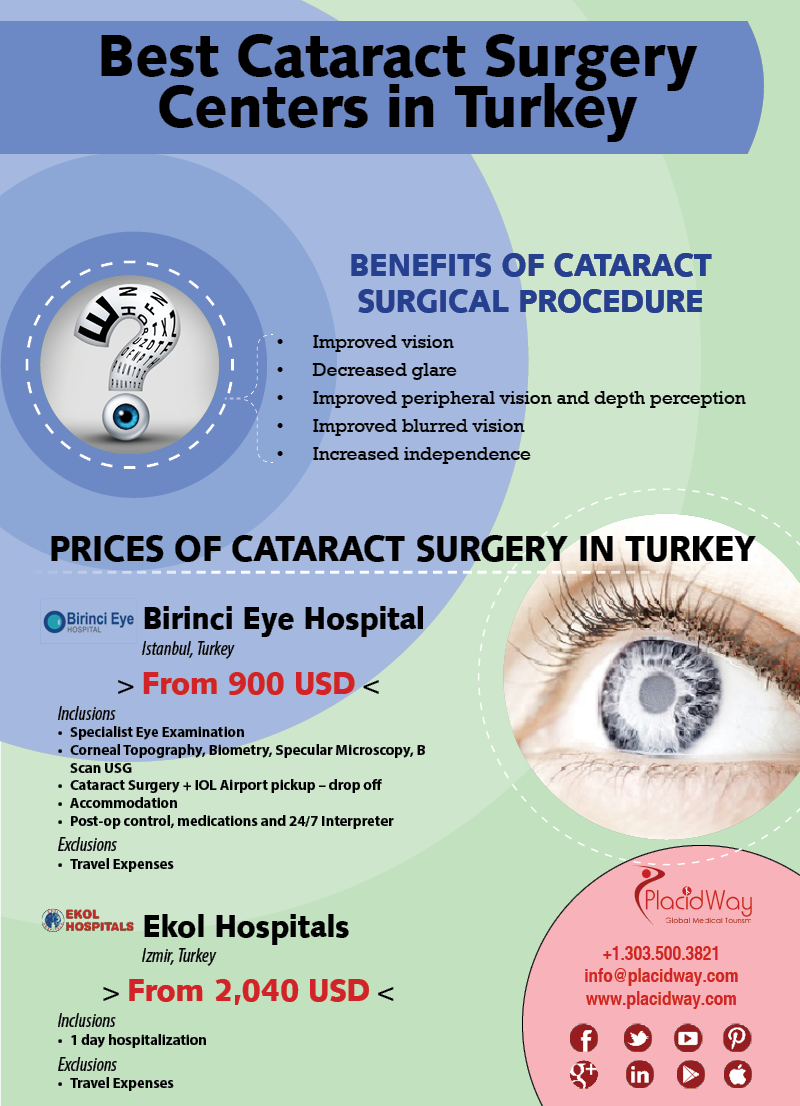Not Sure About SMILE Surgical Procedure? Discover Vital Variables And Insights That Will Certainly Guide You In Making A Well-Informed Selection Concerning Your Vision's Future
Not Sure About SMILE Surgical Procedure? Discover Vital Variables And Insights That Will Certainly Guide You In Making A Well-Informed Selection Concerning Your Vision's Future
Blog Article
Content Author-Hollis Patel
If you're pondering SMILE eye surgery, contemplate this: are you prepared to welcome possible visual freedom, or does the thought of any kind of threats make you wait? Your choice will rest on a mindful balance of weighing the advantages against the uncertainties. It's important to dive much deeper into the subtleties of SMILE surgical procedure to make an informed choice that straightens with your visual objectives.
Understanding SMILE Eye Surgical Procedure
When thinking about SMILE Eye Surgery, it is very important to recognize the treatment and its advantages. SMILE, which represents Small Incision Lenticule Extraction, is a minimally invasive laser eye surgical treatment that remedies typical vision troubles like myopia (nearsightedness).
During the procedure, your eye specialist will use a femtosecond laser to develop a little cut in your cornea. With this incision, a little disc of cells called a lenticule is gotten rid of, improving the cornea and remedying your vision.
One of the crucial advantages of SMILE Eye Surgical procedure is its quick healing time. Numerous patients experience boosted vision within a day or 2 after the treatment, with very little discomfort.
Furthermore, SMILE is known for its high success rate in giving long-term vision correction. Unlike LASIK, SMILE doesn't call for the production of a flap in the cornea, lowering the risk of issues and allowing for a more stable corneal framework post-surgery.
Understanding the procedure and its benefits is vital when considering SMILE Eye Surgical treatment for vision modification.
Benefits and drawbacks of SMILE
Thinking About SMILE Eye Surgery for vision modification comes with various benefits and prospective disadvantages.
Among the major pros of SMILE is its minimally invasive nature, as it involves a small laceration and typically leads to fast recovery times. The treatment is also recognized for creating marginal discomfort and completely dry eye signs post-surgery compared to various other vision modification techniques. Furthermore, SMILE has been revealed to provide superb visual results, with many people accomplishing 20/20 vision or better.
On the other hand, a prospective disadvantage of SMILE is that it might not be suitable for people with severe refractive errors, as the therapy array is somewhat restricted compared to LASIK. please click the following article to consider is that the learning curve for surgeons implementing SMILE can influence the availability of knowledgeable service providers in particular locations.
It's important to consider these advantages and disadvantages very carefully when choosing if SMILE is the best selection for your vision improvement demands.
Figuring Out Eligibility for SMILE
To figure out if you're eligible for SMILE eye surgical treatment, your optometrist will certainly conduct a complete analysis of your eye health and wellness and vision needs. During Laser Vision Cost , factors such as the stability of your vision prescription, the density of your cornea, and the total health of your eyes will certainly be assessed.
Usually, candidates for SMILE are over 22 years old, have a steady vision prescription for at least a year, and have healthy and balanced corneas without problems like keratoconus.
Your ophthalmologist will also consider your total eye wellness, any existing eye conditions, and your way of life requires to determine if SMILE is the ideal selection for you. It's important to interact any kind of certain aesthetic requirements or issues you might have during this examination to guarantee that the treatment lines up with your assumptions.
If you aren't qualified for SMILE, your ophthalmologist might suggest different vision improvement alternatives that better match your private needs and eye health status.
Final thought
Ultimately, deciding whether SMILE eye surgery is right for you needs careful consideration of your specific eye wellness and aesthetic needs. Seek advice from your optometrist to identify your qualification for the treatment and evaluate the prospective advantages and downsides. Remember to communicate any issues or questions you might have during the assessment process to make an enlightened decision concerning your vision modification options.
